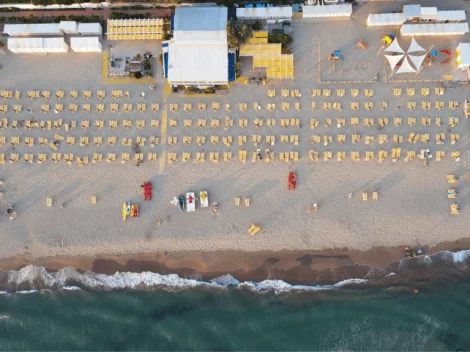By Ilaria Maria Sala
The shock was considerable when, last October, a video circulated showing a worker in work overalls urinating into a massive tank containing, apparently, malt being processed at the Tsingtao beer factory in the city of Qingdao, in the northern region of Shandong, China. The immediate damage to the brand image was enormous, leading to a sharp decline in stock prices (both in Shanghai and Hong Kong), although this turned out to be only an isolated incident in the plant's work practices. Nevertheless, the company had to issue a statement assuring that it was conducting a thorough investigation to determine and clarify the incident. The affected tank was promptly sealed, preventing that batch of beer from contaminating others.
The video went viral worldwide, garnering tens of millions of views in a few hours, and the name of Tsingtao seemed doomed at that moment, both in China and abroad. The label of Qingdao is the most famous among Chinese beers, the country's top exporter; it celebrated its 120th year of activity in 2023.
Few companies in China have this level of prestige, history, openness, and recognizability: the worker's action struck a brand that people are accustomed to respecting and considering familiar worldwide. It is a constant companion to various types of Chinese meals, offering a fairly light lager with a not too overpowering taste.
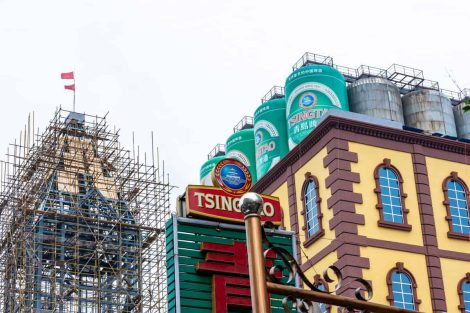
The new China
Culturally, Tsingtao is a symbol of an open China, contrary to what seems to have prevailed in recent years. China is indeed a vast country with a complex and little-known history: China is often talked about, but almost always without too much concern for in-depth knowledge of the issues being discussed, including beer, which is indeed a traditionally everyday element in our Western landscape, as it is in China, even if we don't immediately imagine it.
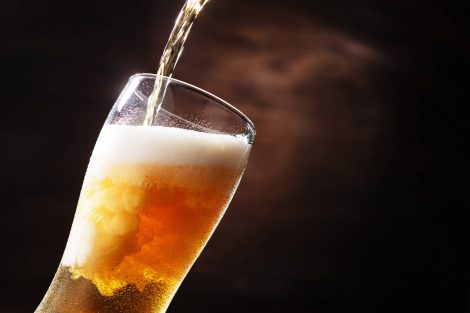
The story of the Chinese blonde
Tsingtao's story dates back to one of the most complex periods of modern China: it was founded by German industrialists who had colonized the eastern part of the Shandong Peninsula, which they called Kiautschou Bay – now known as Jiaozhou Bay or Qingdao Bay (the latter is the current Pinyin official transcription of Tsingtao, which is the previous Wade-Giles transcription).
On the beer label, we see the octagonal pavilion at the end of Zhanqiao Pier: a complex built by the Germans in 1891, giving the impression of extending right into the sea. In a sense, the Germans felt at home here. In 1861, during one of the many colonial wars launched by European powers (including Russia, Japan, and the United States) against the Qing Empire (1636-1912), Prussia obtained, through absolutely unequal treaties, the peninsula in question, particularly the Shandong region.
The transfer became total shortly afterward, in 1898, when Germany obtained that Qingdao and the bay were theirs for 99 years. It was to serve as a base for the East Asian Squadron of the Imperial German Navy and be the center of Germany's commercial development in China. Therefore, a brewery was also needed, as recalled by the beer label, and it was opened in 1903, just eleven years before the treaty ceding Qingdao to Germany was annulled by the arrival of the Japanese, who declared it void and took possession of the German territory. They also took over the brewery.
The Japanese era
Even though Japan declared war on Germany in 1914, it was still a somewhat hybrid country just emerging from the Meiji era (1868-1912) and wanting to be considered a power: hybrid because it looked so much to the West, especially to Prussia-Germany, with the determination to learn what there was to learn to be their equal, both technologically and ideologically, so as not to be subjugated and colonized. Part of this modernization involved changes in daily habits to keep up with the times and, above all, to imitate Western powers in some attitudes, be it in daily customs, education, or political projects.
This also included food and drinks: in short, to stay in Qingdao, Japan had decided that among the many things necessary to defeat Western imperialist armies, there was also the need to get used to behaving like Westerners, obtain Western weapons, study Western techniques, and... drink more beer. And therefore, produce it. Japan got rid of the Germans and took control of both the city of Qingdao and the homonymous brewery, which did not cease production.
Other Chinese beers
Tsingtao – although famous and significant in the Chinese landscape – was certainly not the only (but not the first) brewery in China: this distinction goes to Harbin Beer, still in existence, although owned by the American Anheuser-Busch of St. Louis, Missouri. The Harbin brewery, located in the capital of Heilongjiang province, in northern China, was created by the Russians, who tried to gain some Qing territory starting from the north and settled in Harbin. Here the distillery, with the same name as the town, was mainly built to provide beer to manual laborers toiling on the Chinese Eastern Railway, desired and built by Russia with the aim of having a shortcut to the Pacific Ocean through the lands of Manchuria.
Qingdao, however, was something different, perhaps due to the water sources from Mount Lao, which are still bottled today and have become Laoshan mineral water, one of the most prized in China. Perhaps because of the greater air of internationalization that Qingdao had compared to the icy (in winter) and almost exclusively Russian Harbin. The fact remains that the light beers produced in Shandong enjoyed considerable success, both in the German and Japanese eras, in China and abroad.
In fact, with the end of the Great War, Beijing had hoped to regain Qingdao, but the world powers gathered at Versailles acted as if China did not even exist, despite being one of the victorious allies. Chinese demands were ignored, Japanese colonial possessions were reaffirmed, and a deep resentment was triggered among citizens of Chinese origin toward entrepreneurs and officials belonging to dominant foreign powers—a rage that smoldered under the ashes and still does not seem to have completely disappeared today. The first major student movement, the May Fourth Movement, was born to protest against the agreements made at Versailles, which summarily excluded China.
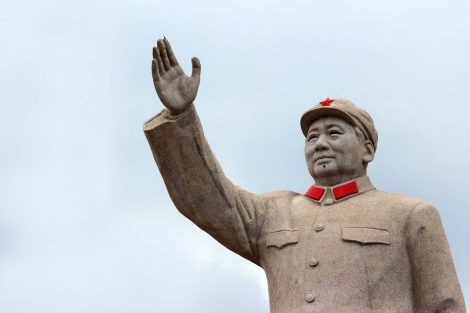
Golden years and decline
After a brief interruption, after nationalist forces entered Qingdao, the Japanese took over the city and the brewery in the 1930s, holding it until the end of World War II, when Qingdao and Tsingtao passed to the Americans, and then to the Chinese. In 1949, when Mao Zedong came to power, and China became communist, Tsingtao became state-owned and began exporting as early as 1954, especially targeting overseas Chinese and those in Southeast Asia. This was the most ideological era of China, where beer exports served to obtain some currency.
When Mao launched his brutal campaign to surpass England industrially (in what is called The Great Leap Forward, which led to the death of at least 30 million people due to famine and hardships), which impoverished the country so much, Tsingtao continued to be produced and exported, even though the raw materials could perhaps be used in better ways than for brewing.
The beer boom
While farmers had nothing to sustain themselves, Tsingtao was producing and exporting: in 1960, 146 million liters of beer for export. The arrival of Deng Xiaoping and economic reforms in 1978 marked a turning point for beer as well – as China began to sprint, the country faced an absolute boom in everything: practically overnight, for example, 741 national breweries sprang up out of nowhere, with products ranging from acceptable to poor. Until the late 1990s, many merchants had to deal with spoiled batches, exploding bottles, and many with fake labels reading Tsingtao or Harbin, containing something entirely different.
The stricter controls of the last fifteen years have led to the closure of the worst distilleries and restored the proper luster to the century-old Tsingtao. Until the thoughtless act of the worker damaged the reputation of his country more than that of a simple tank, which was immediately sealed.

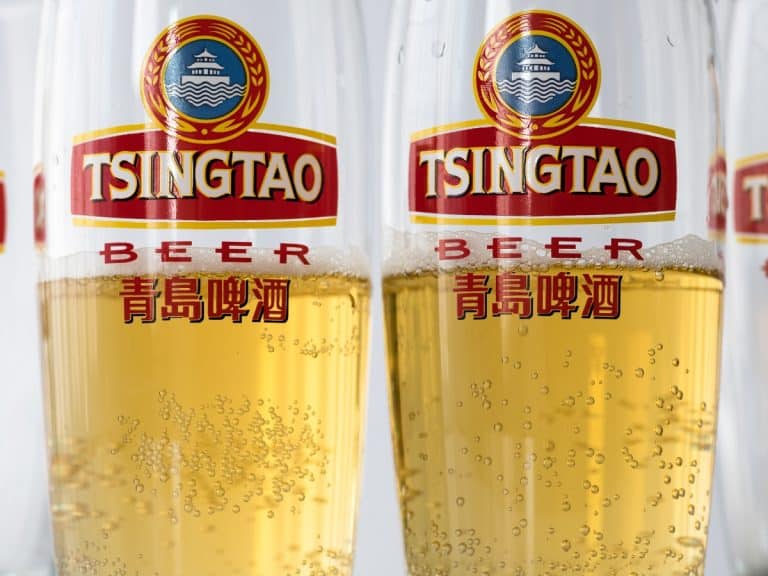
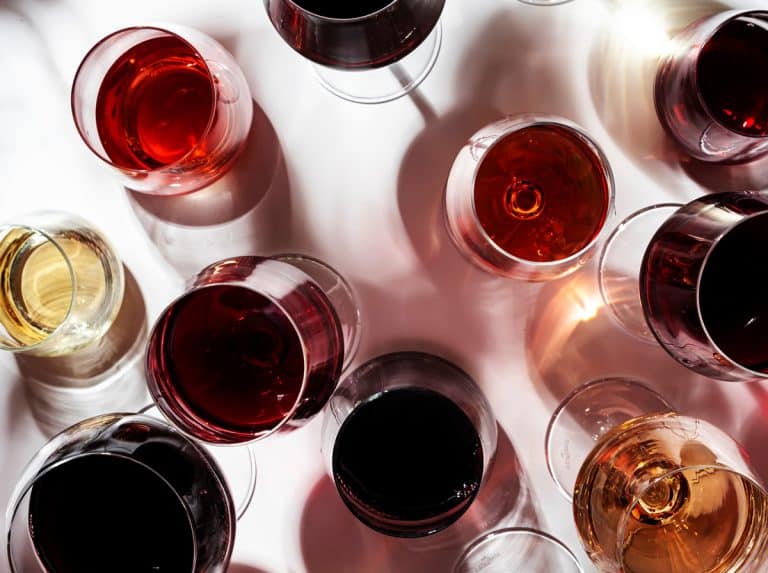 Revolution on Conero: the land of red wine discovers Rosé and sparkling wine, and invests in them
Revolution on Conero: the land of red wine discovers Rosé and sparkling wine, and invests in them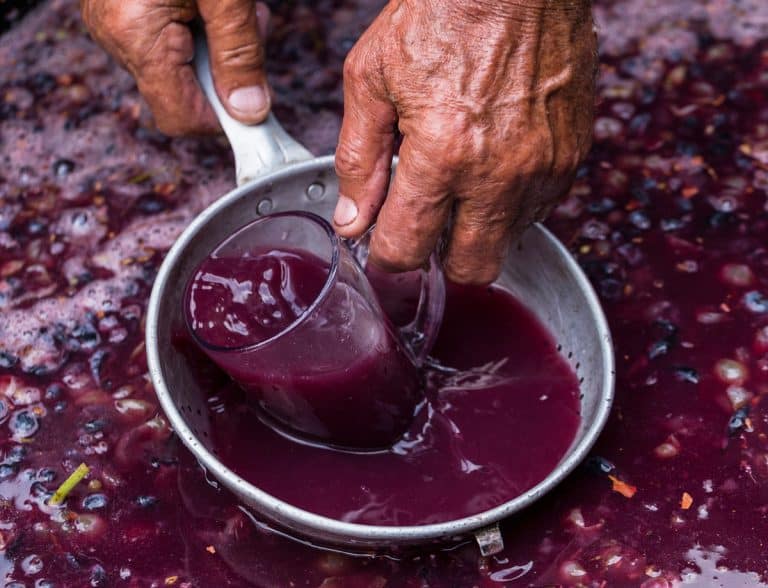 Attention: wine is not made with an instruction manual
Attention: wine is not made with an instruction manual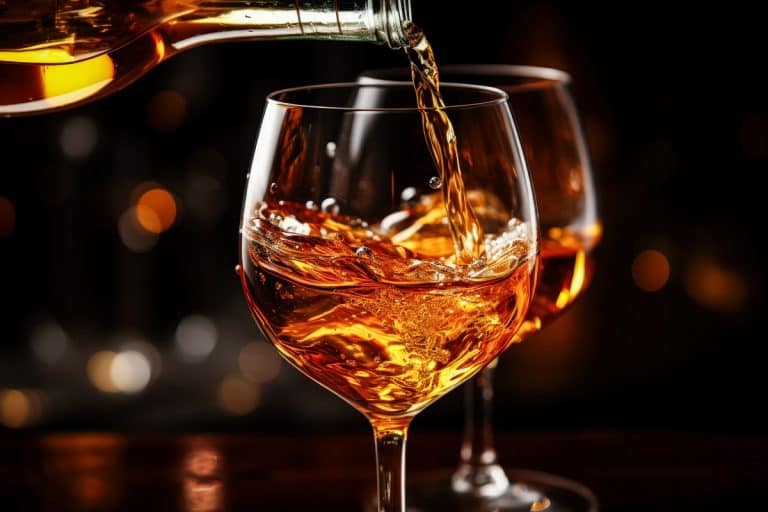 The 15 best Orange Wines chosen by Gambero Rosso
The 15 best Orange Wines chosen by Gambero Rosso 5 Bardolino Chiaretto wines with strong personality and grit chosen by Gambero Rosso
5 Bardolino Chiaretto wines with strong personality and grit chosen by Gambero Rosso Winemaker Alessandra Quarta and singer Sophie Ellis Bextor create a new wine: here’s the story of their Rosé
Winemaker Alessandra Quarta and singer Sophie Ellis Bextor create a new wine: here’s the story of their Rosé



